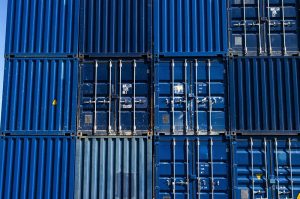 A common complaint about China’s restriction on scrap materials imports is the lack of solid information about what exactly the upcoming ban will target. A Canadian plastics group is taking data-gathering into its own hands.
A common complaint about China’s restriction on scrap materials imports is the lack of solid information about what exactly the upcoming ban will target. A Canadian plastics group is taking data-gathering into its own hands.

 A common complaint about China’s restriction on scrap materials imports is the lack of solid information about what exactly the upcoming ban will target. A Canadian plastics group is taking data-gathering into its own hands.
A common complaint about China’s restriction on scrap materials imports is the lack of solid information about what exactly the upcoming ban will target. A Canadian plastics group is taking data-gathering into its own hands.
 Chinese authorities have released more specifics about which materials are likely to be affected by a proposed import ban on recovered materials. The action is expected to be implemented at the end of this year.
Chinese authorities have released more specifics about which materials are likely to be affected by a proposed import ban on recovered materials. The action is expected to be implemented at the end of this year.
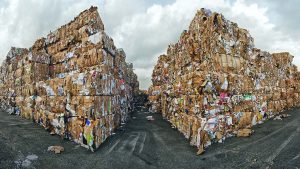 The top recycling executive at Pratt Industries views China’s planned imports prohibition as a chance for the U.S. industry to clean up its stream.
The top recycling executive at Pratt Industries views China’s planned imports prohibition as a chance for the U.S. industry to clean up its stream.
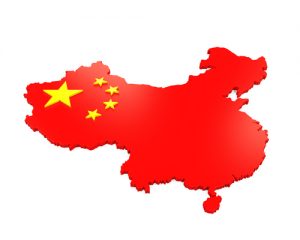 U.S. recycling leaders who are closely tied to export markets say China’s proposed prohibition on recovered plastic and paper imports could drive changes all the way back to the curb.
U.S. recycling leaders who are closely tied to export markets say China’s proposed prohibition on recovered plastic and paper imports could drive changes all the way back to the curb.
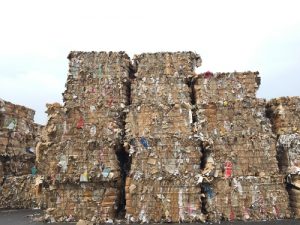 The news that China is aiming to roll out an outright ban on some grades of recovered material jolted the U.S. recycling industry last month.
The news that China is aiming to roll out an outright ban on some grades of recovered material jolted the U.S. recycling industry last month.
 A freight forwarding company has filed a lawsuit against a recyclables exporter, demanding to be reimbursed for tens of thousands of dollars in charges that accrued when cargo containers were left unclaimed at a Chinese port.
A freight forwarding company has filed a lawsuit against a recyclables exporter, demanding to be reimbursed for tens of thousands of dollars in charges that accrued when cargo containers were left unclaimed at a Chinese port.
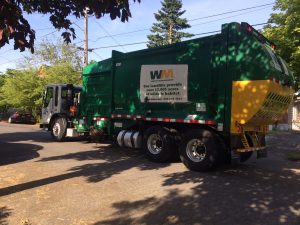 Pricing boosts continue to drive recycling revenues for North America’s three largest haulers. Meanwhile, company executives say they don’t expect China’s announced ban on certain scrap imports to inflict too much financial pain.
Pricing boosts continue to drive recycling revenues for North America’s three largest haulers. Meanwhile, company executives say they don’t expect China’s announced ban on certain scrap imports to inflict too much financial pain.
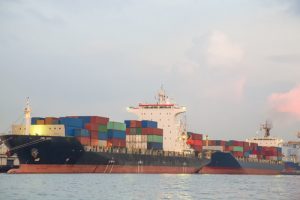 Chinese authorities have announced the country will prohibit some grades of recovered paper and plastic from being imported by the end of 2017. One U.S. group said that action would have a “devastating impact” on the wider recycling sector.
Chinese authorities have announced the country will prohibit some grades of recovered paper and plastic from being imported by the end of 2017. One U.S. group said that action would have a “devastating impact” on the wider recycling sector.
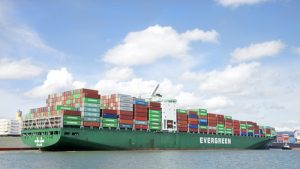 Demand for recovered commodities sent to China may further diminish as another round of import inspections threatens to slow or shutter Chinese processors.
Demand for recovered commodities sent to China may further diminish as another round of import inspections threatens to slow or shutter Chinese processors.
 Paper industry experts are saying recent statistics indicate China’s paperboard and paper producers are playing a lesser role in the global fiber recycling market.
Paper industry experts are saying recent statistics indicate China’s paperboard and paper producers are playing a lesser role in the global fiber recycling market.
